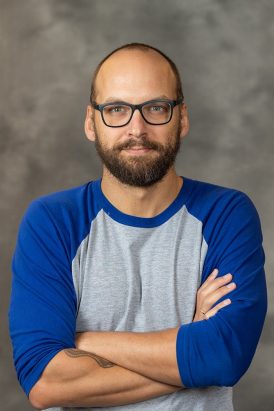Why Read Concentration Camp Literature?
Forum on 15
November 13, 2019
4:00 PM - 6:00 PM
Literary representations of concentration camps, ghettos, and besieged cities, particularly those connected to the Shoah, differ from most other literary texts in that they come to us prepackaged with complex moral arguments for why they should be read in the first place. Whereas one might be compelled to read a novel or see a play because of its currency in a given cultural moment or else because familiarity with the text underpins one’s social or institutional status, books like Elie Wiesel’s Night often function as “required reading” for a student’s moral development, whether because they heighten our ethical awareness of the past or ensure that the events they depict will never happen again in the future. This talk presents a radical critique of the moral arguments that shape how we encounter camp representations and offers an alternative vision, both descriptive and prescriptive, for how they ought to be read in the twenty-first century.
Date posted
Sep 17, 2019
Date updated
Oct 29, 2019
Speakers
